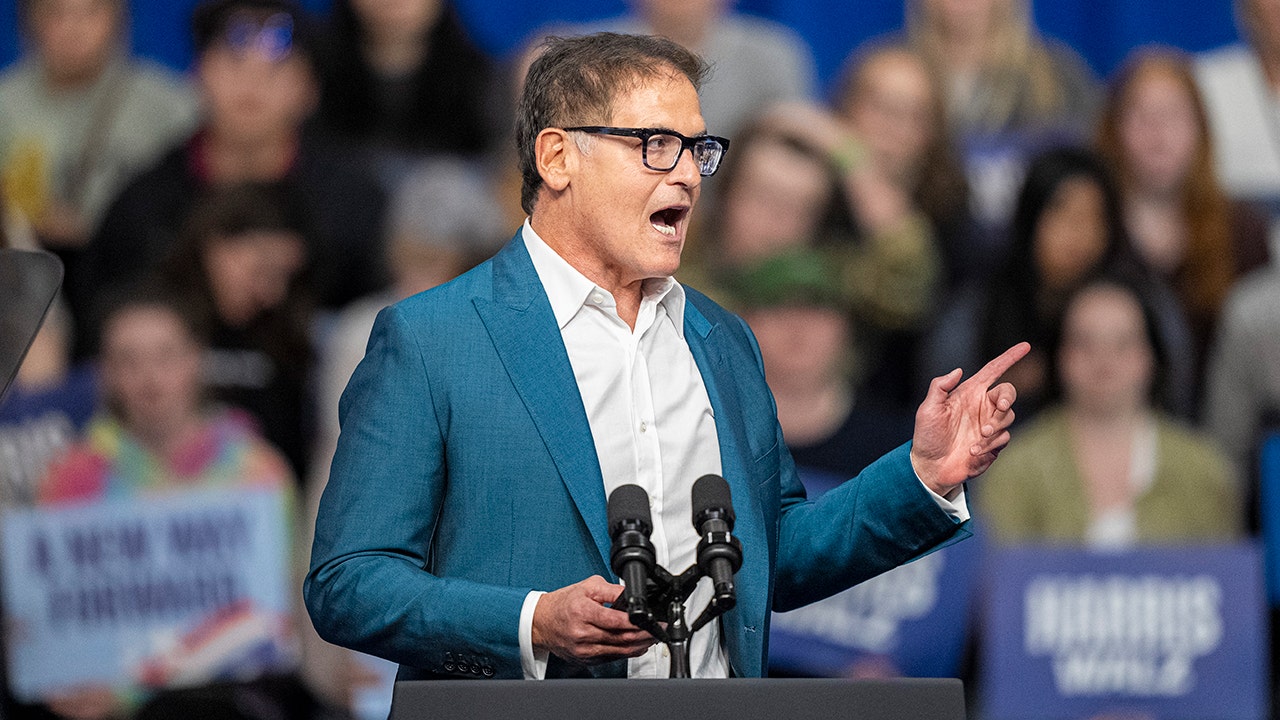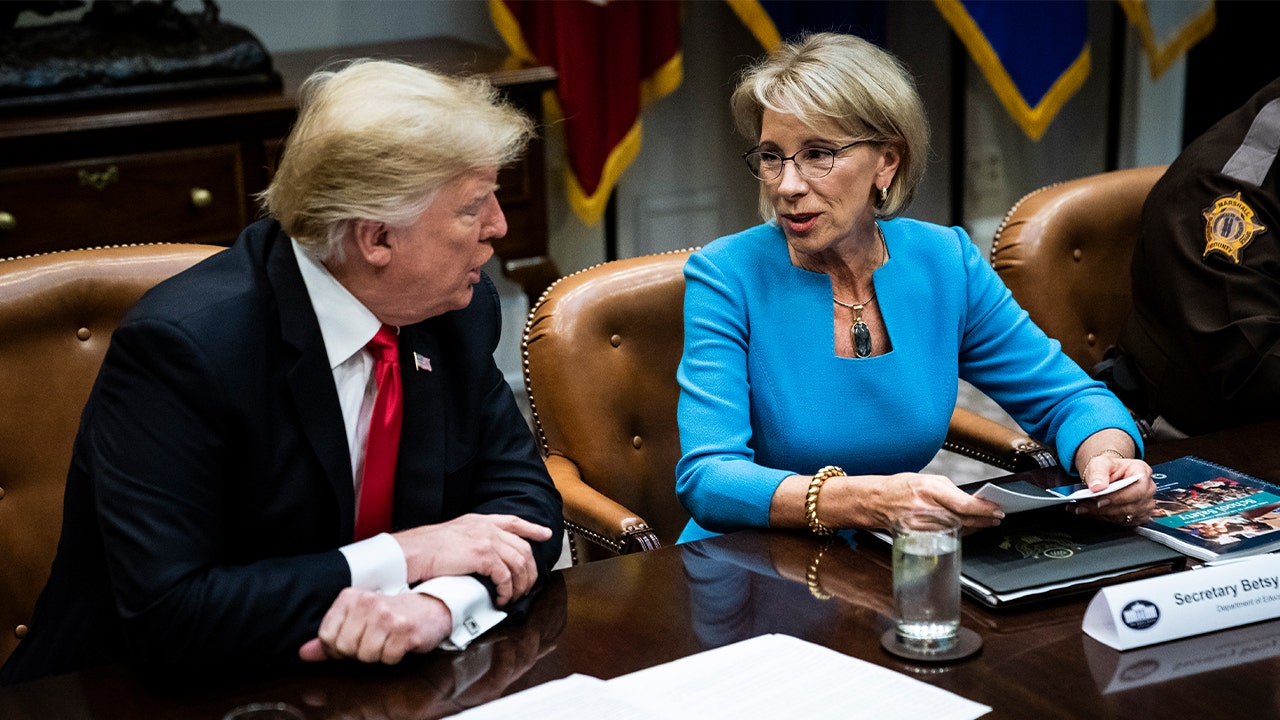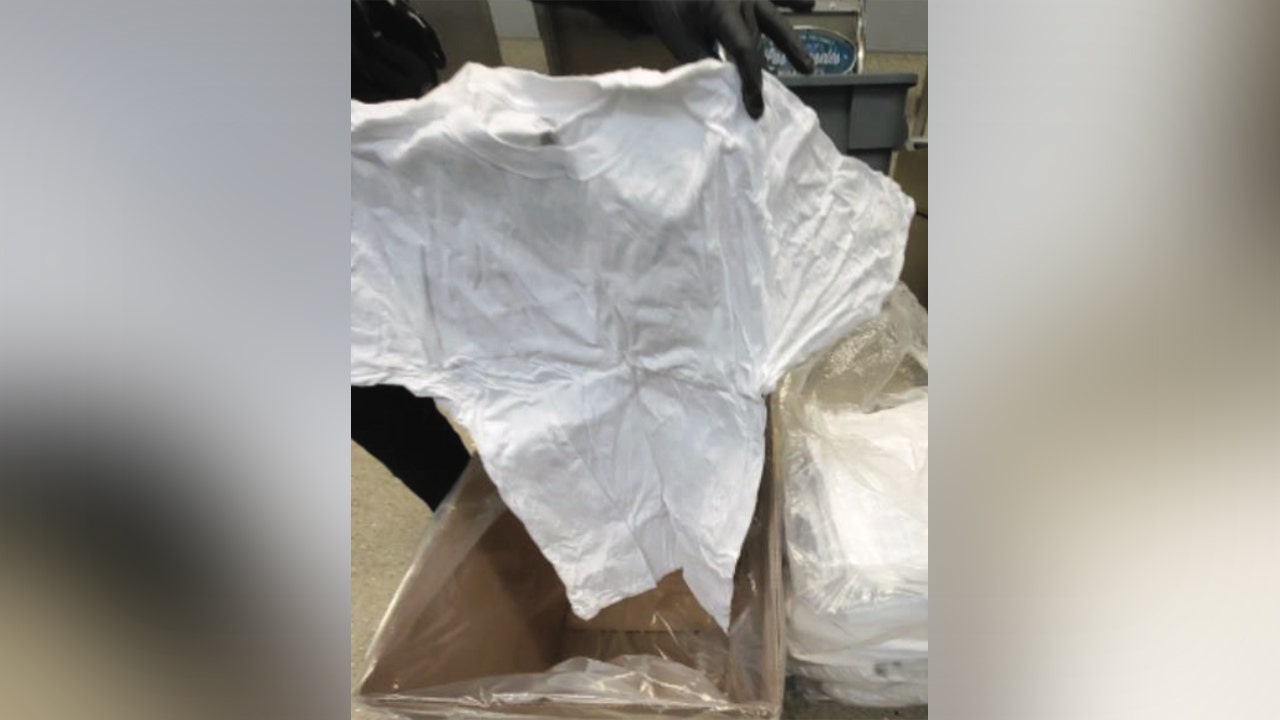The Food and Drug Administration on Tuesday authorized a second dose of the updated Covid booster for older adults and people with weakened immune systems.
Those 65 and older can get a second dose of the updated versions of Pfizer-BioNTech’s and Moderna’s Covid booster at least four months after their last dose, the FDA said in a statement. Most people who are immunocompromised can get an additional dose at least two months after their last dose, according to the agency.
The FDA also authorized using the bivalent formula in all Covid vaccines moving forward, not just for booster shots. That means people who haven't been vaccinated yet would get the updated vaccines.
The FDA’s decision will now be handed off to the Centers for Disease Control and Prevention, which has scheduled a meeting with its panel of outside advisers for Wednesday. If the panel votes in favor of the additional boosters, and Dr. Rochelle Walensky, director of the Centers for Disease Control and Prevention signs off, immunizations could begin immediately.
The booster shots were reformulated last August to target the BA.4 and BA.5 omicron subvariants, in addition to the original strain of the virus.
BA.4 and BA.5 are no longer in circulation in the U.S.
As of Saturday, roughly 78% of new U.S. Covid cases are caused by the omicron subvariant XBB.1.5, according to the CDC.
Dr. Isaac Bogoch, an infectious disease specialist at the University of Toronto, said that while the boosters don’t match the currently circulating strain, they should still provide people with some protection.
A CDC report published in January found that the updated Covid boosters reduced the risk of Covid infection from the XBB.1.5 subvariant by nearly half. Another study, published by Israeli researchers in the Lancet this month, found that the Covid boosters reduced the risk of hospitalization in people 65 and older by 72%. Neither study, however, looked at the effects of receiving two doses of the bivalent booster.
"To date, regardless of the circulating variant, the vaccines continue to provide meaningful protection against severe manifestations of the virus such as hospitalizations and death," Bogoch said.
Uptake of the boosters has been low, with only around 17% of the total U.S. population having received one, according to the CDC.
Tuesday's move comes several months after an advisory committee to the FDA raised doubts about moving to yearly Covid boosters for most adults and children, but appeared to be supportive of multiple doses for the most at-risk Americans, like the elderly or people with weakened immune systems.
Follow NBC HEALTH on Twitter & Facebook.
Berkeley Lovelace Jr. is a health and medical reporter for NBC News. He covers the Food and Drug Administration, with a special focus on Covid vaccines, prescription drug pricing and health care. He previously covered the biotech and pharmaceutical industry with CNBC.
.png)
 1 year ago
5
1 year ago
5









 English (US) ·
English (US) ·